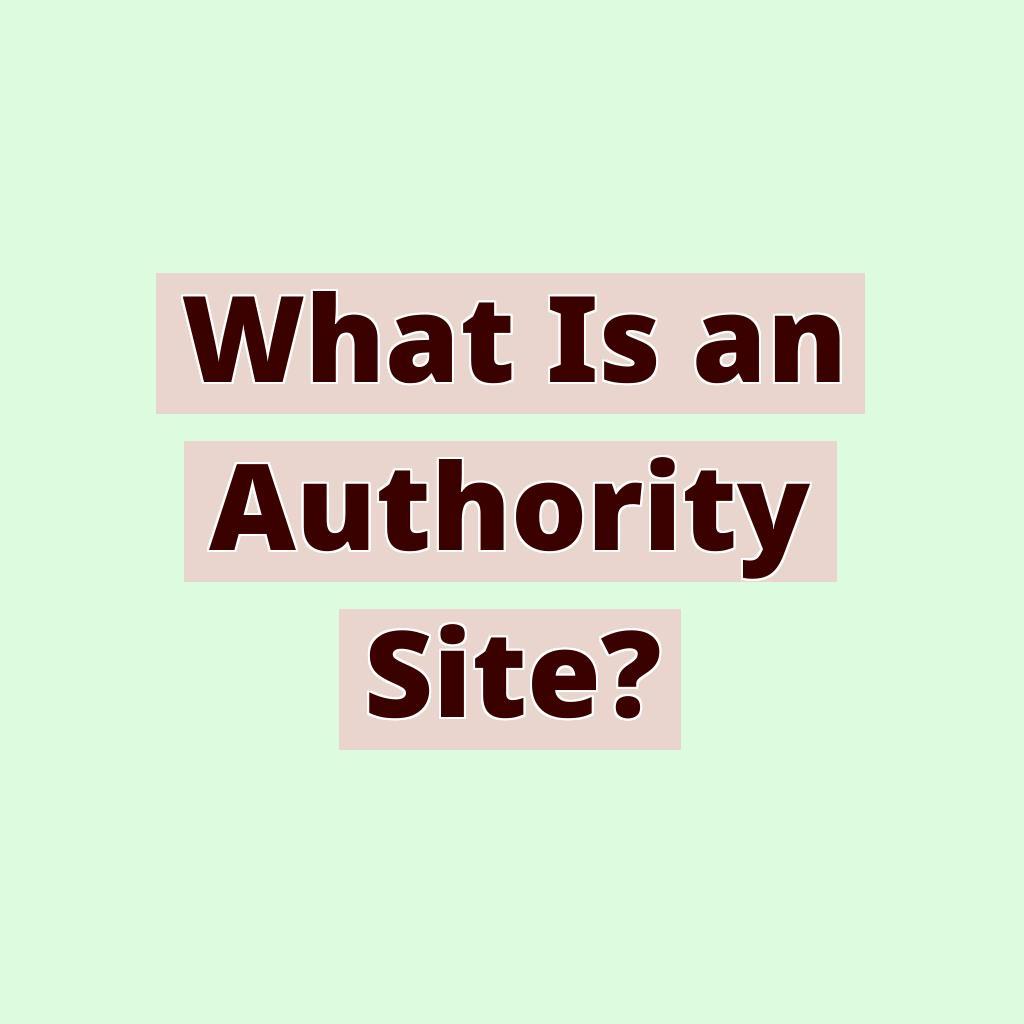As we navigate the vast world of the internet, we often come across the term “authority site.” But what exactly does it mean? Is it just another buzzword, or is there more to it? In this blog post, we will delve into the concept of an authority site, exploring its definition, characteristics, and why it matters in today’s digital landscape.
Understanding Authority Sites
An authority site, in simple terms, is a website that is trusted and respected by both users and search engines. It is a go-to resource for valuable information and expertise in a particular niche or industry. Authority sites are known for their high-quality content, extensive knowledge, and credibility, making them a reliable source for users seeking reliable information.
Characteristics of an Authority Site
Now that we know what an authority site is, let’s take a closer look at its key characteristics:
-
High-Quality Content: Authority sites are known for their well-researched, informative, and engaging content. They often go beyond surface-level information, providing in-depth insights and analysis that add value to the reader’s experience.
-
Expertise and Authority: Authority sites are led by experts or professionals who have extensive knowledge and experience in their respective fields. They are seen as thought leaders and influencers, offering reliable advice and guidance to their audience.
-
Strong Online Presence: Authority sites have a strong online presence across multiple platforms. They actively engage with their audience through social media, email newsletters, podcasts, and other channels, building a loyal community of followers.
-
Backlinks and Referrals: Authority sites naturally attract backlinks from other reputable websites. These backlinks act as a vote of confidence, signaling to search engines that the site is trustworthy and reliable. Referrals from other authority sites further enhance the site’s credibility.
-
User-Friendly Design: Authority sites prioritize user experience by having a clean and intuitive design. They make it easy for users to navigate through their content, find what they’re looking for, and have a seamless browsing experience.
-
Consistency and Regular Updates: Authority sites consistently publish new content and update existing ones to stay relevant and up-to-date. They maintain a regular publishing schedule, ensuring that their audience always has fresh and valuable information to consume.
Why Authority Sites Matter
Now that we understand the characteristics of an authority site, it’s important to explore why they matter in today’s digital landscape. Here are a few reasons:
1. Trust and Credibility
In an era of fake news and misinformation, authority sites play a crucial role in establishing trust and credibility. Users rely on these sites for accurate and reliable information, knowing that the content is backed by expertise and thorough research. By building trust, authority sites can attract a loyal audience and establish themselves as a reputable source in their niche.
2. Improved Search Engine Rankings
Search engines like Google value authority sites because they provide valuable and trustworthy content to users. As a result, these sites often rank higher in search engine results pages (SERPs). Higher rankings mean increased visibility, organic traffic, and potential business opportunities. By focusing on becoming an authority site, businesses and individuals can enhance their online presence and reach a wider audience.
3. Business Growth and Opportunities
For businesses, becoming an authority site can open doors to various growth opportunities. With a strong online presence and a loyal following, businesses can attract potential customers, build brand awareness, and establish themselves as industry leaders. Authority sites also have the potential to attract partnerships, collaborations, and sponsorship opportunities, further fueling their growth.
4. User Engagement and Community Building
Authority sites often have an engaged and active community of users. Through comments sections, forums, and social media interactions, these sites foster a sense of belonging and encourage discussions around the topics they cover. This engagement not only enhances the user experience but also allows authority sites to gain valuable insights, understand their audience’s needs, and tailor their content accordingly.
5. Long-Term Sustainability
Building an authority site is a long-term endeavor that requires consistent effort, dedication, and expertise. However, once established, authority sites have the potential for long-term sustainability. They become a trusted resource that users continuously revisit, ensuring a steady stream of traffic and opportunities for monetization.
The Bottom Line
In a world where information is abundant but trust is scarce, authority sites play a vital role. They provide users with reliable, accurate, and valuable content, establishing trust and credibility. Whether you’re a business looking to grow your online presence, an individual seeking to establish yourself as an industry expert, or simply a user looking for trustworthy information, authority sites are a valuable resource worth exploring. By understanding the characteristics of an authority site and working towards becoming one, you can tap into the power of trust, credibility, and long-term sustainability in the digital landscape.
